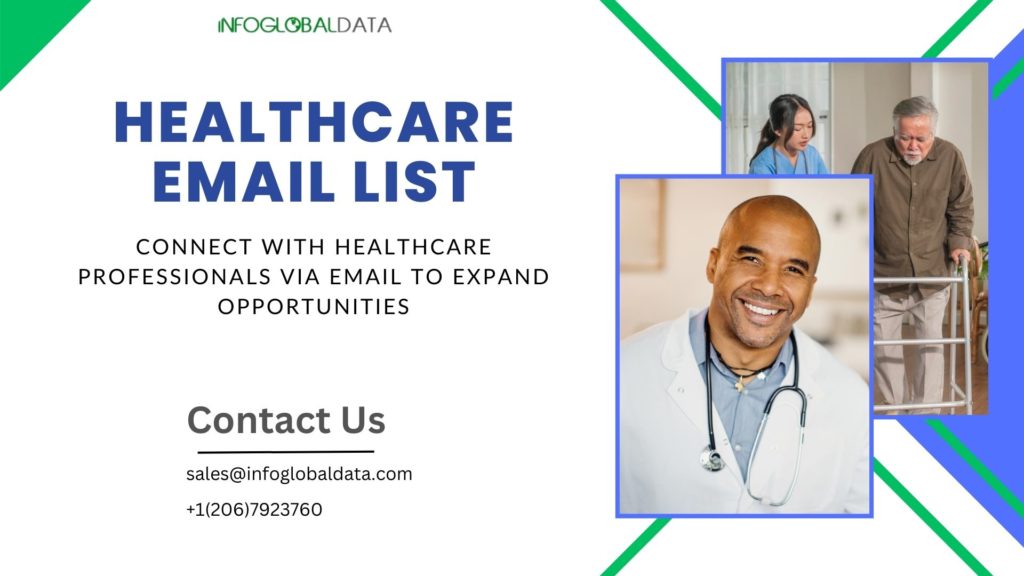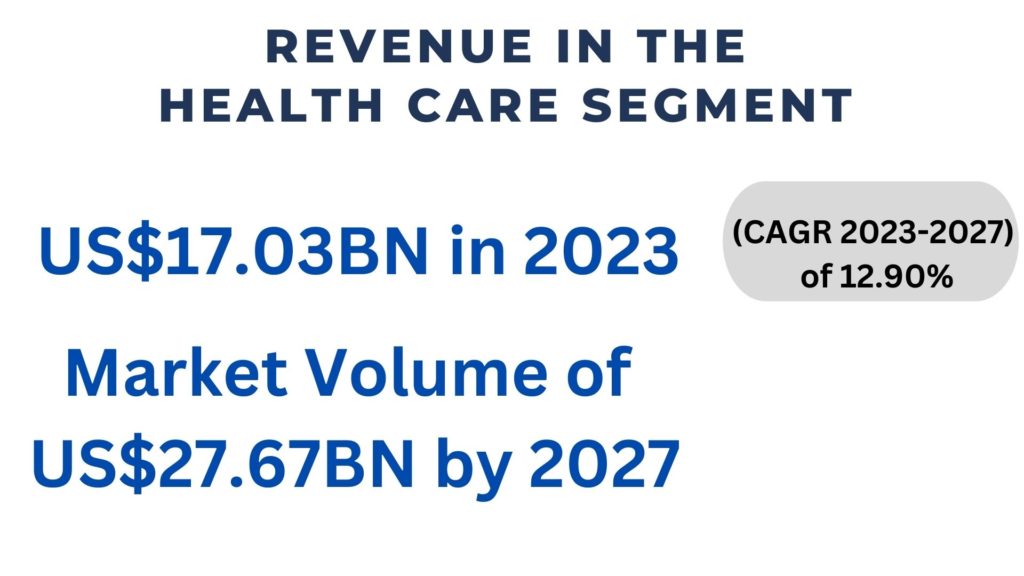
The healthcare industry is in a state of disruption, with new technologies and innovative business models emerging that are transforming the way healthcare is delivered and consumed. From telemedicine and wearables to personalized medicine and virtual reality, the future of healthcare is looking increasingly exciting and promising.
At the heart of this disruption is the use of data and analytics to improve patient outcomes and drive down costs. With the help of sophisticated analytics tools and machine learning algorithms, healthcare providers and payers are now able to analyze vast amounts of patient data to identify trends, patterns, and opportunities for improvement.
But it’s not just data that’s driving this disruption – it’s also the changing expectations of patients and consumers. Patients today are more empowered and informed than ever before, and they’re demanding a higher level of service and engagement from their healthcare providers.
To succeed in this new landscape, healthcare companies need to embrace a more patient-centric approach, leveraging new technologies and business models to deliver better outcomes and experiences for their patients. This requires a deep understanding of patient needs and preferences, as well as the ability to deliver care in a way that’s convenient, affordable, and accessible.
One way that healthcare companies can stay ahead of the curve is by utilizing a healthcare email list. A healthcare email list can provide valuable information on healthcare providers and industry influencers, as well as updates on industry news and trends.
By utilizing a healthcare email list, healthcare companies can stay informed about the latest innovations and trends in the industry, and stay ahead of the curve in terms of delivering high-quality, patient-centric care. They can also identify potential partners and collaborators, and tap into new sources of expertise and innovation.
Some of the key trends and innovations that are shaping the future of healthcare include:
Telemedicine and Remote Monitoring
Telemedicine and remote monitoring technologies are enabling healthcare providers to deliver care to patients anytime, anywhere. These technologies are particularly useful for patients who live in rural or underserved areas, or who have mobility issues that make it difficult for them to travel to a traditional healthcare facility.
Wearables and IoT
Wearable devices and the Internet of Things (IoT) are also revolutionizing healthcare, by providing real-time data on patient health and behavior. These devices can track everything from heart rate and blood pressure to sleep patterns and activity levels, giving healthcare providers a more comprehensive picture of a patient’s health.
Personalized Medicine
Personalized medicine is another area of innovation that’s transforming healthcare. By analyzing a patient’s DNA, healthcare providers can now tailor treatments and medications to the unique needs of each individual patient, improving outcomes and reducing side effects.
Virtual and Augmented Reality
Virtual and augmented reality technologies are also being used in healthcare, to provide immersive and interactive experiences that can help patients manage pain and anxiety, and improve their overall health and well-being.
In addition to the trends and innovations mentioned above, there are several other key factors that are shaping the future of the healthcare industry and the businesses operating within it. These include:
Value-based Care
Value-based care is a model that focuses on delivering high-quality care and improving patient outcomes, while also reducing costs. This model is gaining popularity in the healthcare industry, as it aligns the interests of patients, providers, and payers around a common goal – improving health and reducing costs.
Consumerization of Healthcare
As consumers become more empowered and informed, they are starting to demand a higher level of service and engagement from their healthcare providers. This is leading to a shift towards more patient-centric care models, where patients are treated as partners in their own care and have more control over their healthcare decisions.
Digital Transformation
Digital transformation is also driving change in the healthcare industry, as more and more healthcare providers and payers adopt digital technologies to streamline processes, improve efficiency, and enhance the patient experience. This includes everything from electronic health records and telemedicine to mobile health apps and virtual assistants.
Regulatory Environment
The healthcare industry is highly regulated, and businesses operating within it must comply with a wide range of rules and regulations. Changes to the regulatory environment can have a significant impact on the industry, and businesses must stay up-to-date with the latest developments and adapt quickly to changes in the regulatory landscape.
In order to thrive in this rapidly changing environment, healthcare businesses need to be agile, innovative, and forward-thinking. They must be willing to embrace new technologies and business models, and be open to collaboration and partnership with other stakeholders in the industry.
Utilizing a healthcare email list can be a valuable tool for staying informed and connected in this dynamic environment. By keeping up-to-date with the latest trends and innovations, businesses can position themselves for success in the healthcare industry of the future.

Some of the key benefits of utilizing a healthcare email list include:
Access to Industry Experts and Influencers
A healthcare email list can provide valuable contact information for key industry experts and influencers, such as healthcare providers, policymakers, and thought leaders. By reaching out to these individuals, businesses can tap into new sources of expertise and innovation, and stay ahead of the curve in terms of industry trends and best practices.
Opportunities for Collaboration and Partnership
A healthcare email list can also help businesses identify potential partners and collaborators in the industry. By building relationships with other stakeholders, businesses can leverage their expertise and resources to deliver better outcomes for patients and improve their bottom line.
Timely Updates on Industry News and Trends
Staying up-to-date with the latest news and trends in the healthcare industry is crucial for businesses that want to stay ahead of the curve. A healthcare email list can provide timely updates on industry news and developments, helping businesses stay informed and connected in this rapidly changing environment.
Enhanced Marketing and Sales Efforts
Finally, a healthcare email list can be a valuable tool for enhancing marketing and sales efforts. By targeting key decision-makers and influencers in the industry, businesses can increase their visibility and attract new customers and clients.
As these and other innovations continue to reshape the healthcare landscape, it’s clear that the future of healthcare is bright and full of potential. By embracing new technologies and business models, and by utilizing a healthcare email list to stay informed and connected, healthcare companies can stay ahead of the curve and deliver the best possible care to their patients.
In conclusion, the healthcare industry is in a state of disruption, with new technologies and innovative business models emerging that are transforming the way healthcare is delivered and consumed. Utilizing a healthcare email list can be a valuable tool for staying informed and connected in this dynamic environment, and positioning businesses for success in the healthcare industry of the future.
